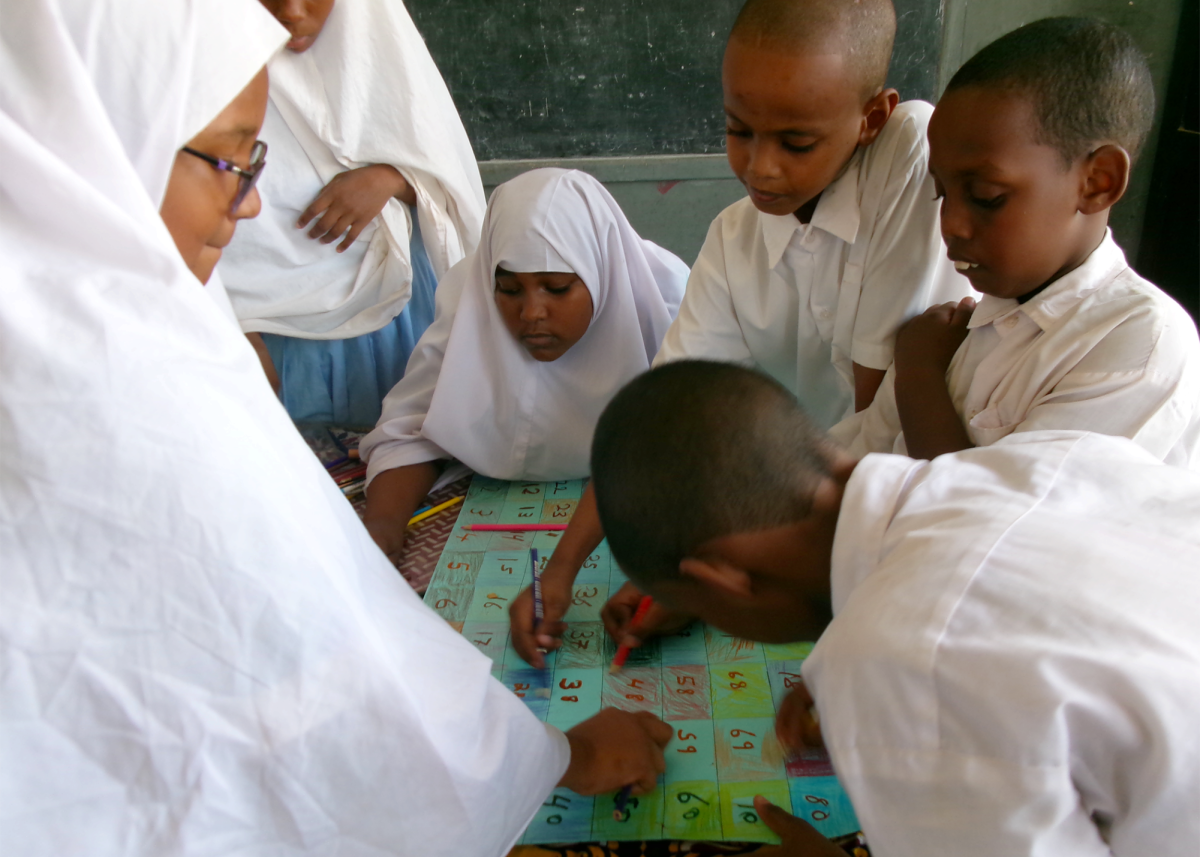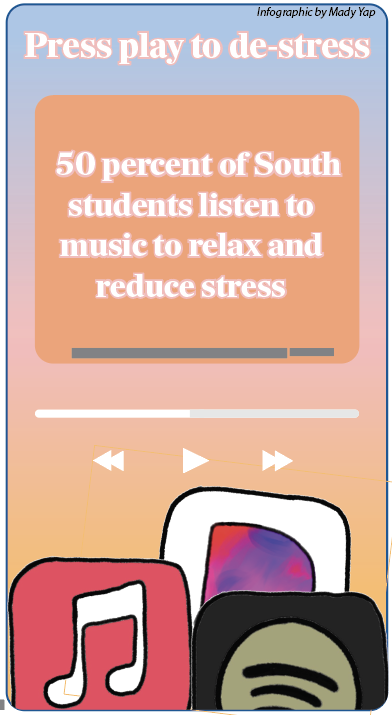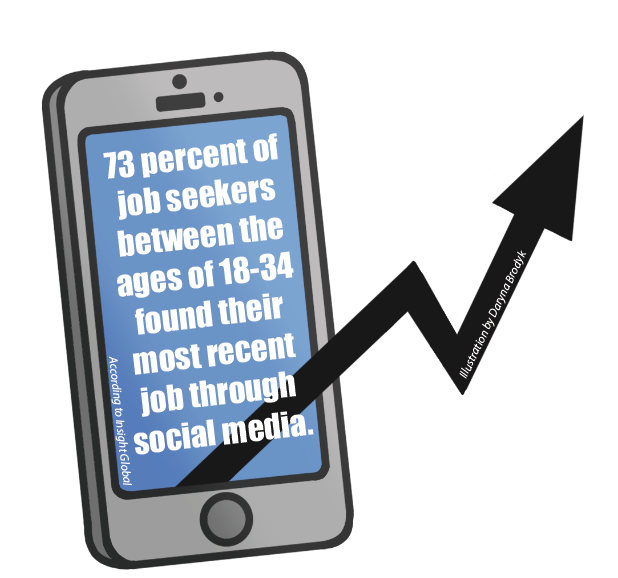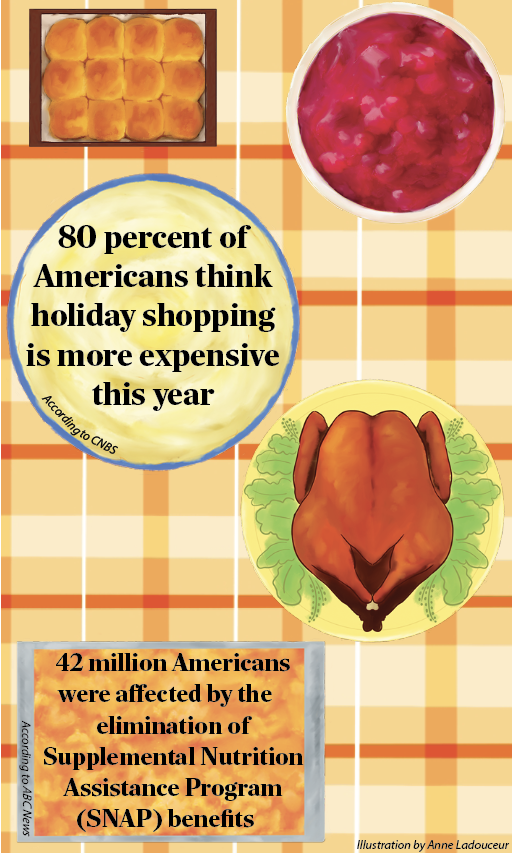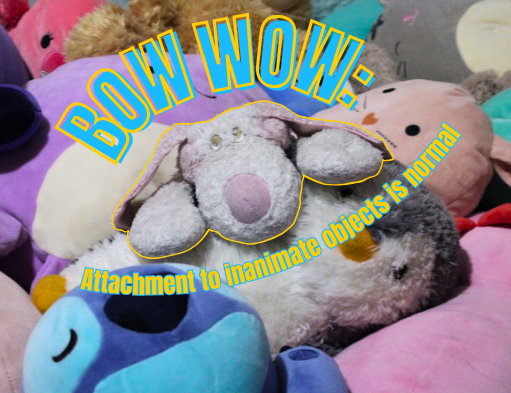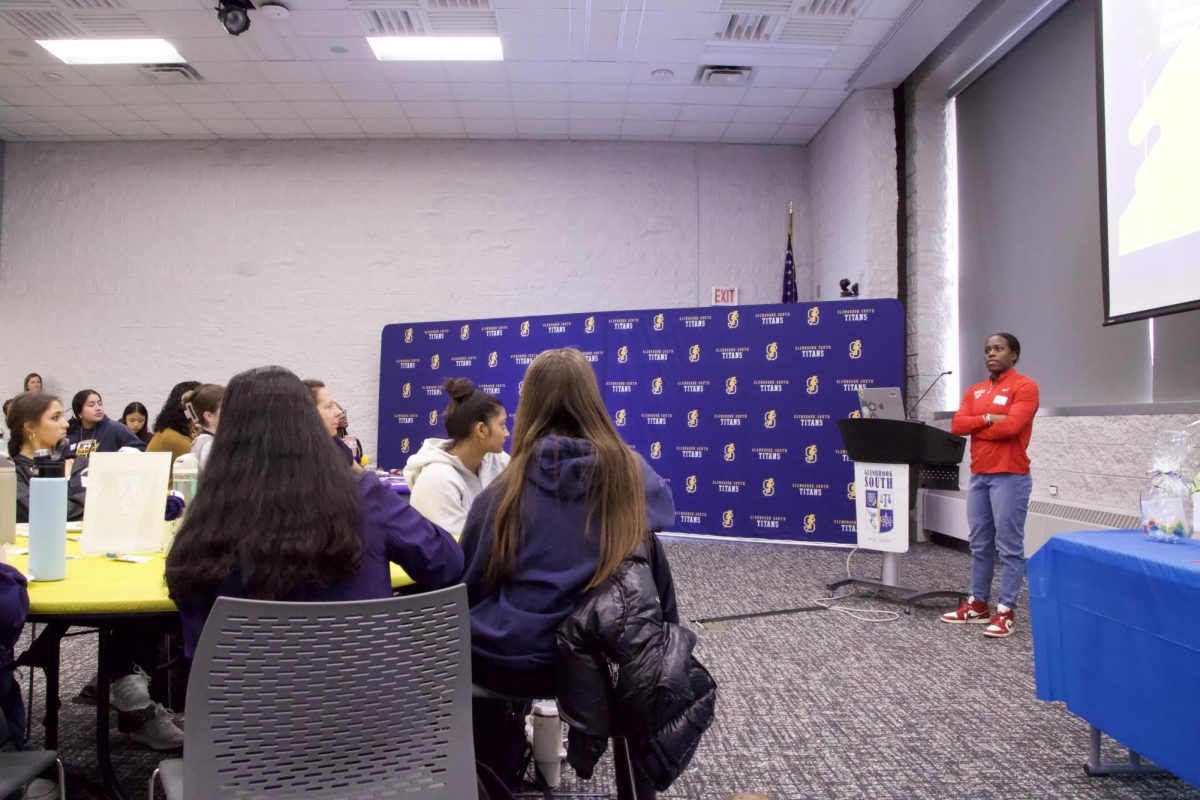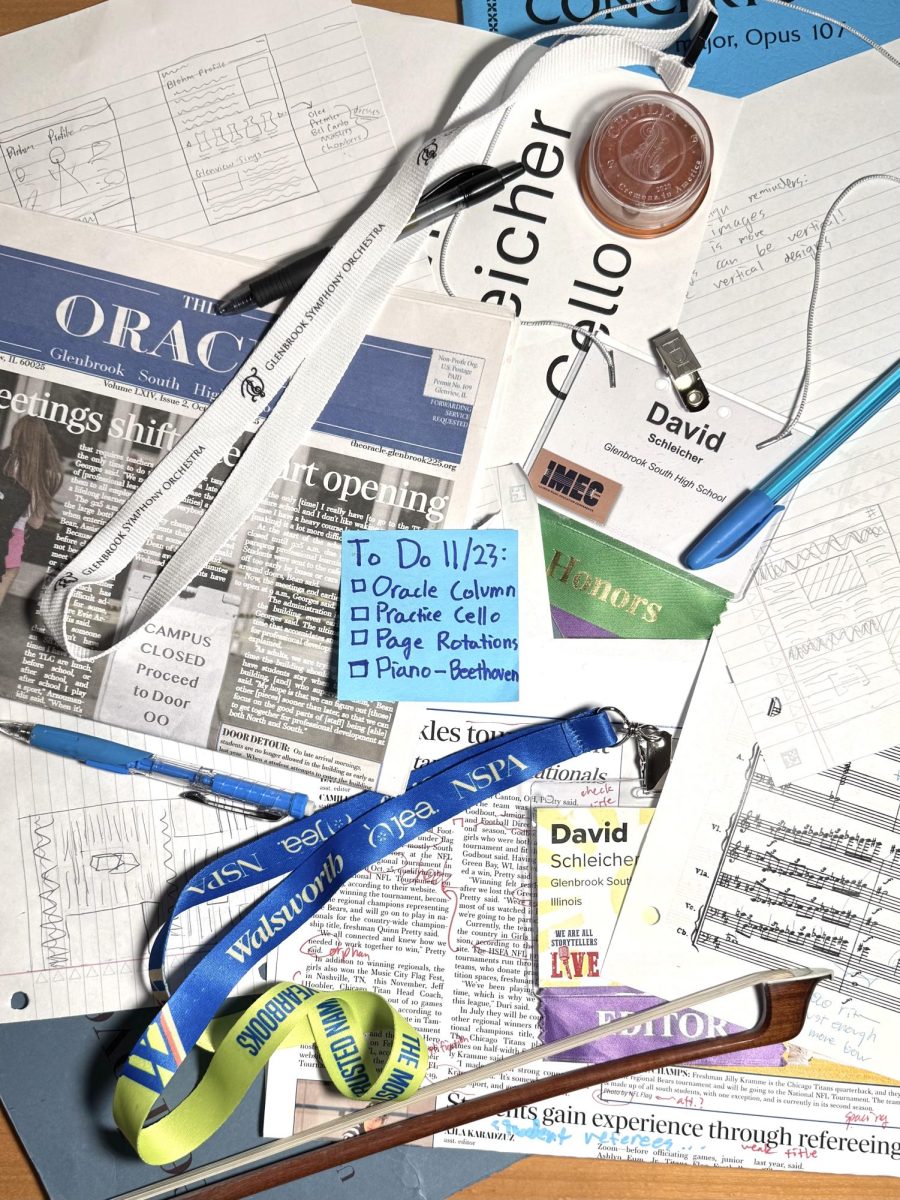In a lively classroom, where the chatter of eager fourth graders echoes off the faded yellow walls, and the scent of chalk lingers in the warm air, I learned a lesson that no textbook could ever teach; true service isn’t about stepping in with answers, but about stepping back to listen.
This past summer, I travelled to Kenya with Global Encounters, an international program focused on service, leadership, and global citizenship. Alongside 85 participants from 21 different countries, I volunteered at a primary school, working with the teachers and students to enhance their skills in math, English, and public speaking.
Together, we built an art space that doubled as a debate room, providing students with a creative outlet for self-expression. We also collaborated on sustainability projects, designing a student-led program to maintain the school’s cleanliness long-term. By listening to the teachers’ vision for their school, we crafted engaging lessons and practical solutions that reflected their needs and empowered the students, ensuring the school’s growth would be self-sustaining, even with limited resources and staff.
People from more privileged backgrounds often approach service with the assumption that it’s all about giving—offering up our knowledge, resources, or skills to those who need it. There’s a tendency in development work to adopt a patronizing mentality, believing that simply because we have access to more, we know what’s best. This creates an unintentional power dynamic, where we impose our ideas without truly understanding the context.
However, during my time in Kenya, it became clear that the students and teachers didn’t need me to tell them what to do. They knew their environment, community, and needs far better than I ever could. What they needed wasn’t instruction, but partnership—someone willing to listen and support their vision.
Letting go of these notions changed everything. Instead of viewing service as a one-way act of giving, I discovered the importance of mutual learning. The solutions we created were rooted in the local community’s needs and ideas, not ours, making our work impactful and long-term.
It’s easy to fall into the trap of thinking that our own beliefs, values, and opinions are the “correct” ones.
However, real growth happens when we leave those assumptions behind.
This mindset extends far beyond just volunteering—it influences how we approach everyday life. At school, it’s convenient to stay within our comfort zones, surrounded by people who think like us and reinforce familiar assumptions. But when we step outside that bubble, we open ourselves up to new ideas and ways of thinking that challenge and deepen our own.
There’s a lot students at South can take away from this mentality.
Whether we’re working on group projects, participating in clubs, or engaging in community service, the best outcomes come when we listen to each other and recognize that everyone has something valuable to contribute. The more we engage with diverse perspectives, the better equipped we are to navigate the complex and interconnected world.
In doing so, we need to break down barriers of misunderstanding and ego, allowing us to build genuine connections that lead to personal and collective progress. It’s through this openness that we not only enrich our own lives, but also encourage environments where true collaboration thrives—where we move beyond imposing solutions and begin to create real, lasting change together.


